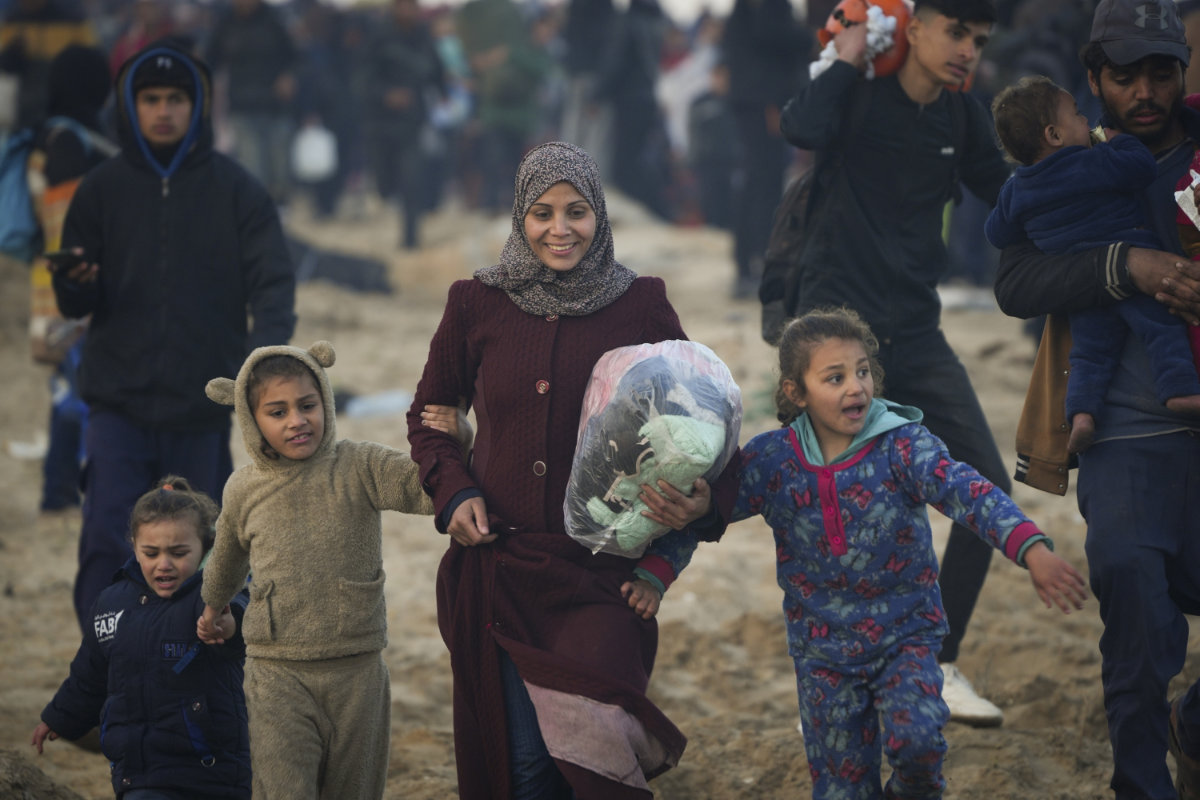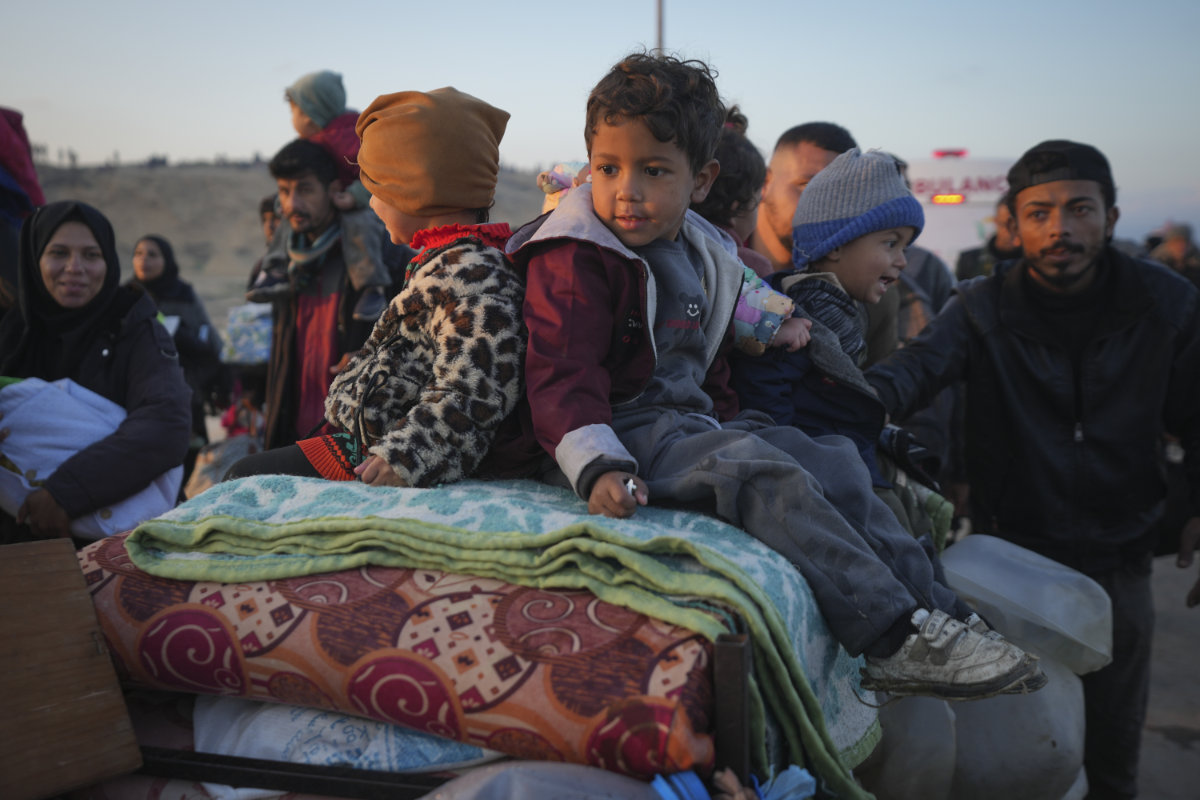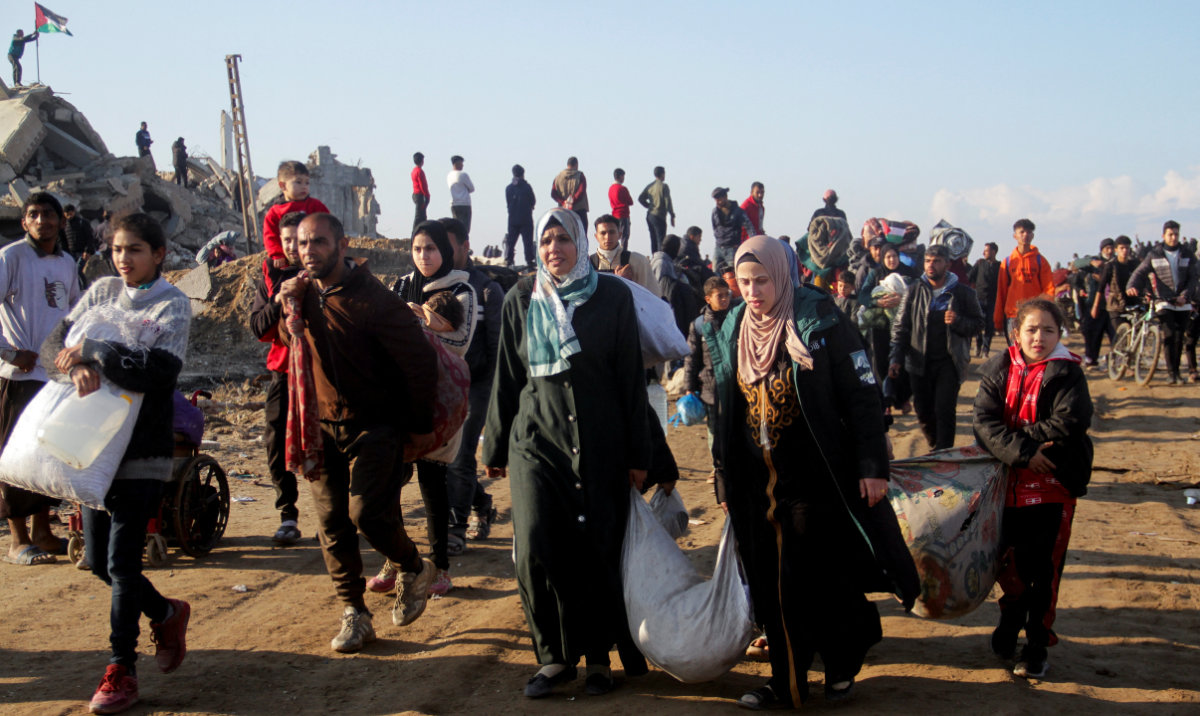NEW YORK CITY: The International Criminal Court’s prosecutor, Karim Khan, on Monday stressed the urgent need for international action to address continuing atrocities in the Darfur region of western Sudan, and pleaded with the UN Security Council for more support to help bridge the “impunity gap.”
He painted a grim picture of a situation in which violence, famine and gender-based crimes continue to devastate communities, targeting women and children in particular.
Khan underscored a severe decline in the situation in the region over the past six months, including growing reports of civilian casualties, the destruction of vital infrastructure, and widespread violations of human rights.
“Famine is present in Darfur. Conflict is increasing. Children are targeted. Girls and women are subject to rape,” Khan said as he described the environment as one of “destruction” and “criminality.”
The country descended into civil war in April 2023 amid a conflict between rival military factions the Sudanese Armed Forces and the paramilitary Rapid Support Forces. It has killed more than 28,000 people, forced millions to flee their homes, and some families have resorted to eating grass in a desperate attempt to survive as famine sweeps parts of the country.
In Darfur, ethnic violence has escalated since the war began. The RSF, the origins of which lie in the Arab Janjaweed militia that was responsible for a genocide in the early 2000s that claimed about 300,000 lives, has focused its attacks on the Masalit ethnic group and other non-Arab communities.
This month, the US has accused the RSF of genocide and imposed sanctions on its leader, Mohamed Hamdan Dagalo, commonly known as “Hemedti.”
Khan’s latest semi-annual report on the situation in Sudan, published on Jan. 16, noted that his office has gathered sufficient evidence to establish reasonable grounds to believe that a wide range of crimes specified under the Rome Statute, the treaty that established the ICC, continue to be committed in Darfur. These include killings, pillaging, attacks against internally displaced persons, the indiscriminate targeting of civilian populations, gender-based crimes, and crimes against and affecting children.
Under the Rome Statute, the ICC has jurisdiction over four types of crime categorized as “international crimes”: genocide, crimes against humanity, war crimes, and the crime of aggression. The court is finalizing applications for arrest warrants against individuals allegedly responsible for war crimes in West Darfur, Khan said. He stressed, however, that the applications will only be filed when there is strong evidence that can withstand judicial scrutiny, to ensure the highest chances of convictions and due process for victims.
He warned that international crimes are being committed as weapons of war in Darfur, including reports of widespread gender-based violence.
“This is not an unverified generalization,” he said, adding that the evidence his office has gathered, including witness testimonies and digital resources, is both extensive and credible.
Khan highlighted his office’s collaboration with national authorities in neighboring countries, where they have also been collecting evidence from displaced communities.
He also mentioned ongoing trials taking place at the ICC, in particular the trial of Ali Kushayb, a former militia leader charged with crimes committed in Darfur in the early 2000s, which began in 2022. Khan highlighted the significance of such trials, not only in terms of pursuing historical accountability but also as a beacon of hope for survivors who continue to suffer in Darfur.
“They say that they are not forgotten, they are not invisible,” Khan said, as he reiterated the ICC’s role in keeping the promise of justice alive for victims long denied recognition.
Despite these efforts, Khan acknowledged the deep frustrations arising from the lack of swift progress in Darfur. He pointed to the need for greater cooperation from Sudanese authorities, and said that while there have been some signs worthy of cautious optimism, more support from the UN Security Council is needed to help bridge the “impunity gap.”
Khan called in particular for the transfer of suspects, including Ahmed Harun, a former governor of Kordofan and minister of state who is wanted by the ICC for his alleged role in the Darfur conflict.
“We believe we know where Ahmed Harun is,” Khan said as he urged Sudan to honor its obligations under Security Council Resolution 1593, which requires authorities to cooperate fully with the ICC.
Khan invoked the historical significance of ensuring accountability for crimes against humanity, drawing parallels with past genocides, including the Holocaust. He called on the Security Council to prioritize the victims of Darfur over political divisions among council members, and echoed the sentiment that justice must be delivered to those who are suffering in the region.
He urged the council to renew its commitment to the principle of “Never Again,” referencing the outcome of the Nuremberg Trials and global efforts to combat cultures of impunity in post-conflict societies.
“The people of Darfur have a right to justice,” Khan said. “It’s time for us collectively to join hands and deliver on that promise.”
The US has historically backed ICC efforts related to Sudan. However the court faced criticism late last year after it issued arrest warrants for Israeli Prime Minister Benjamin Netanyahu and former Defense Minister Yoav Gallant.
Those warrants, related to charges of crimes against humanity and war crimes linked to Israeli military operations in Gaza since October 8, 2023, sparked a backlash from Washington.






























